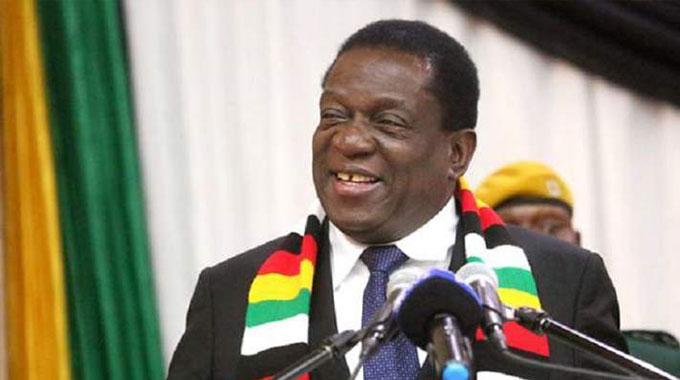EDITORIAL COMMENT: Opening of airwaves will amplify voices of the downtrodden

ZIMBABWE will this year witness a milestone in the broadcasting sector with the Government set to license six television and 29 radio stations. This follows an invitation by the Broadcasting Authority of Zimbabwe on Thursday for applications to take up the slots which comprise six national commercial television stations, 10 community radio stations and 19 campus radio stations for a 10-year period.
The development means the monopoly enjoyed by the Zimbabwe Broadcasting Corporation in television will be broken for the first time since independence giving viewers a wider choice, improved programming and a plurality of voices. Jobs will also be created in the broadcast sector with radio — whose set up costs are relatively lower than television — likely to absorb thousands of unemployed broadcast media professionals.
Further downstream, local independent content producers must be smiling at the prospect of a bigger market to sell their content. But the excitement is in television where the national broadcaster has enjoyed virtually no competition for a long time. This has seen standards at ZBCtv plummet over the years while programming has hardly improved.
The entry of new players will, apart from increasing competition, improve content at ZBC as it grapples with new kids on the block who are likely to change the game. Television has transformed in leaps and bounds with digital networks dominating the industry.
ZBC will have to up its game by improving content and the quality of its programming if it is to keep abreast with competition likely to be offered by the likes of Zimpapers Television Network (ZTN) whose standards are a notch higher. Most Zimbabweans in urban areas had turned to costly foreign digital satellite networks but with the licensing of new players, they now have a variety of local stations to choose from.
Elsewhere, the licensing of community radio stations is an exciting and groundbreaking development which will give marginalised communities a voice. We are pleased that the Matabeleland region will get seven of the 10 community radio station licenses.
We surmise that this was a deliberate move by the Government taking into account that people in places such as Victoria Falls, Beitbridge, Manama, Ndolwane, Plumtree and Binga cannot access local radio stations. Community radios in these places will enhance development, promote minority languages spoken in those communities and give ordinary people a voice.
Campus radio stations, which will be given to all State universities, polytechnics and private universities, are likely to create a buzz around institutions of higher learning where students will finally have a platform to air their views and grievances.
These stations will also enhance their academic progress as some courses such as broadcast journalism will now have an outlet for students to translate what they learn theoretically into practice. Universities also have an opportunity to set trends in broadcasting which can then be emulated by the wider industry in the country.
University students and the academia, so long the voices of the downtrodden and torchbearers of the nation, will see their voices amplified as they contribute to national discourse from their own outlets unencumbered by the rigid dictates of mainstream broadcast players. All in all, the opening up of the airwaves is a welcome development in the country and dovetails with the reform agenda of the New Dispensation.
Slowly but surely Zimbabwe is inching ahead towards its democratisation agenda and plaudits should go to President Mnangagwa for staying true to his word. The reform of the media landscape is one of the key planks of Vision 2030 and we take note of the ground covered so far.
The repeal of legislation such as the Access to Information and Protection of Privacy Act, the lifting of the ban on some foreign media organisations, the generally freer and conducive environment in which the media is operating of late are worth mentioning. The licensing of new players in the television industry represents the final frontier in the reform of the media sector and we applaud the Government for taking such a bold step. This is not only a feather in the cap for the new administration but a demonstration of sincerity and commitment to the ideals of democracy.
The onus is now on the new players to show that they are up to the task of setting up television stations with the right infrastructure to service the nation. Emphasis should be on local content and a programming which reflects the values, norms, beliefs and character of Zimbabweans. The new entrants have their work cut out since they are coming into an industry which has been dominated by one player for a long time.
We wish them the best of luck as they embark on a challenging exercise fraught with pitfalls and a heavy financial commitment. Television is a powerful medium which places huge responsibility on its owners and we hope the new players will operate within the confines of the laws, rules and regulations of the Zimbabwean broadcasting sector.











Comments